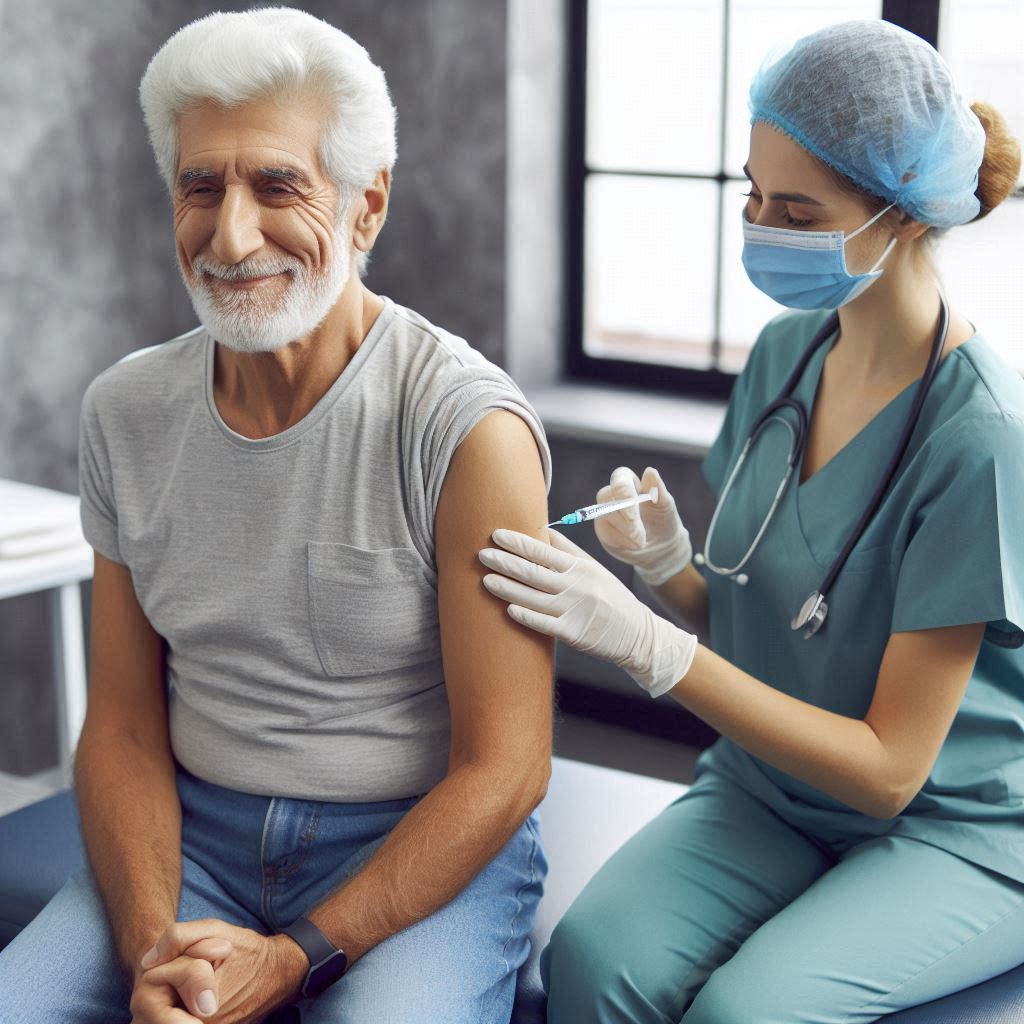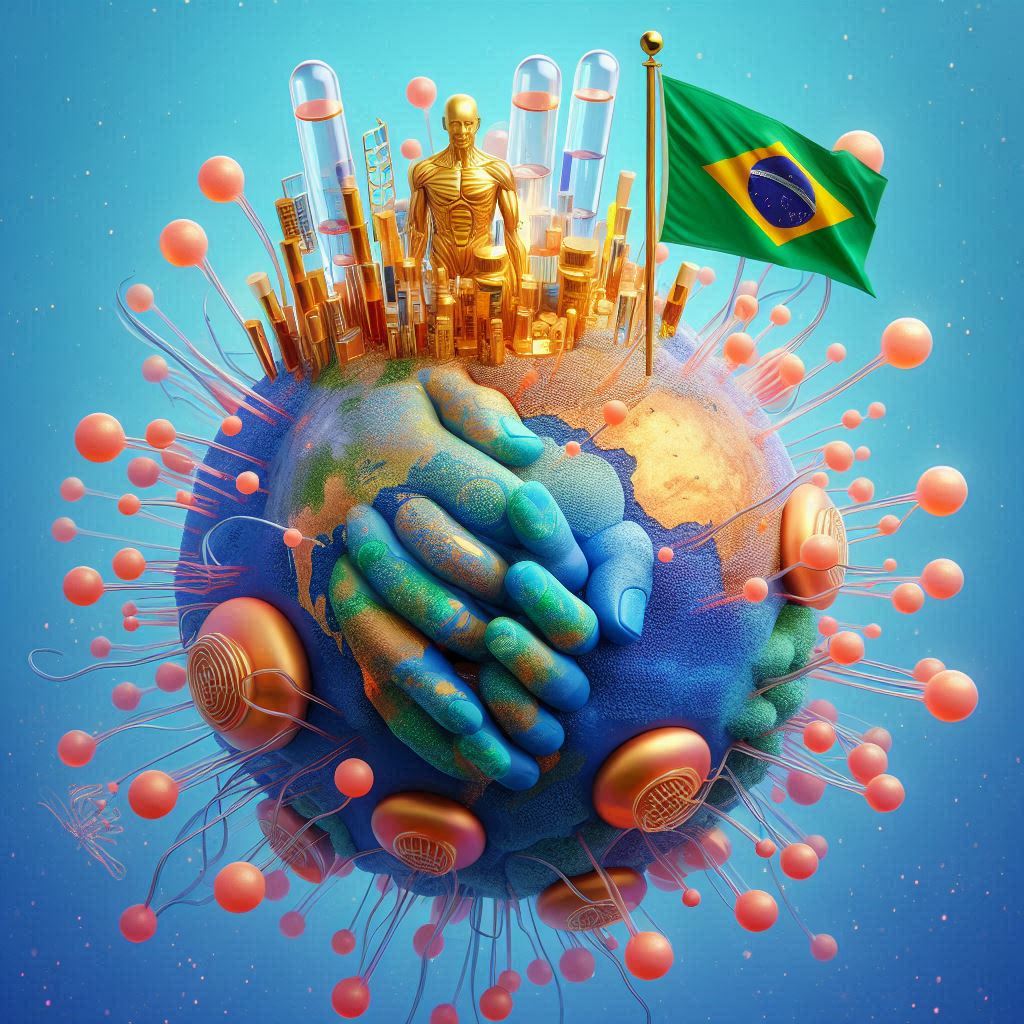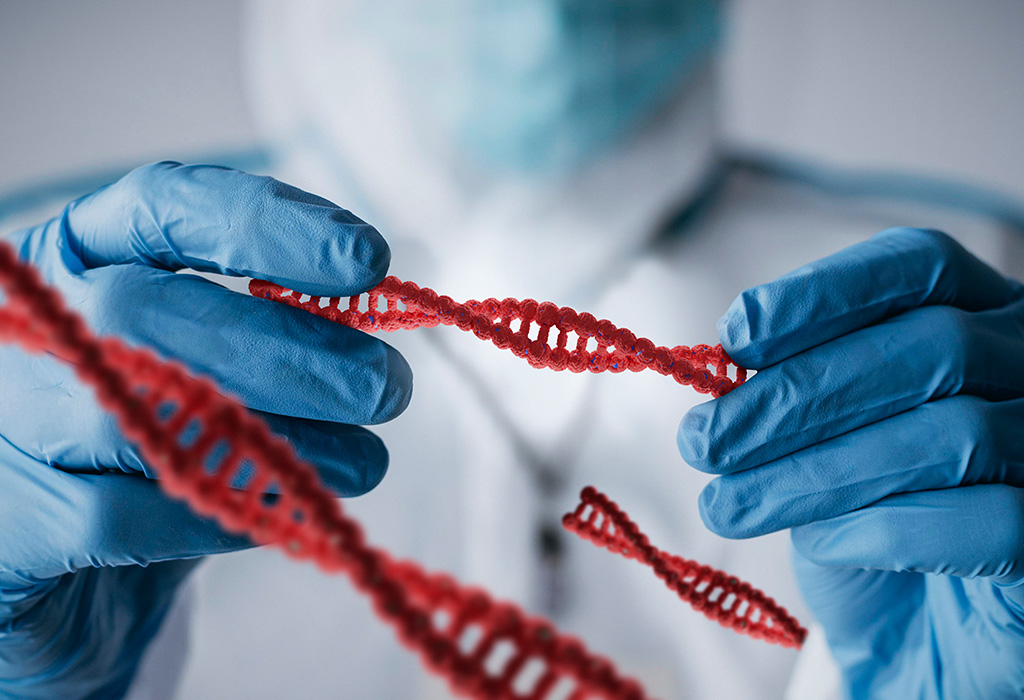In a landmark study to be published by The Lancet, it has been revealed that global immunization efforts have been instrumental in saving an estimated 154 million lives over the past five decades. This groundbreaking achievement, equivalent to six lives saved every minute, underscores the profound impact of vaccination on global health.
Led by the World Health Organization (WHO), the study highlights the pivotal role of immunization in safeguarding the lives of infants, with 101 million young lives preserved. Vaccination emerges as the single most significant contributor to ensuring not just the survival of infants but also their sustained well-being into adulthood.
Among the vaccines analyzed, measles vaccination emerges as a standout, responsible for 60% of the lives saved. Over the years, vaccination against 14 diseases has directly contributed to a 40% reduction in infant mortality globally, with an even more substantial decrease of over 50% witnessed in the African Region.
Dr. Tedros Adhanom Ghebreyesus, WHO Director-General, emphasizes the transformative impact of vaccines, heralding the eradication of smallpox and the near eradication of polio as triumphs of immunization. Looking ahead, he underscores the potential to save millions more lives through continued research, investment, and collaboration.
The study reveals that each life saved through immunization translates into an average of 66 years of full health, totaling 10.2 billion full health years gained over the past five decades. Notably, vaccination against polio has enabled over 20 million individuals to walk who would otherwise have faced paralysis.
The release of this study coincides with the upcoming 50th anniversary of the Expanded Programmed on Immunization (EPI), founded in 1974 with the goal of vaccinating children against several diseases. Over the years, the program has expanded its scope to encompass adolescents and adults, recommending vaccination against a broader spectrum of diseases.
Despite significant progress, challenges persist, with 33 million children missing out on a measles vaccine dose in 2022 alone. Ensuring high vaccination coverage remains crucial to preventing outbreaks and protecting communities.
UNICEF, in its role as a major procurer of vaccines, plays a pivotal role in ensuring equitable access to immunization services, reaching even the most remote and underserved communities. The creation of Gavi, the Vaccine Alliance, in 2000 further intensified efforts to expand immunization coverage, particularly in low-income countries.
Dr. Sania Nishtar, CEO of Gavi, emphasizes the importance of sustained investment in immunization, citing its unparalleled impact on childhood mortality and global health equity. Vaccines, she asserts, are the cornerstone of a healthy future for all.
As the world celebrates the remarkable achievements of immunization, global health agencies, including WHO, UNICEF, Gavi, and the Bill & Melinda Gates Foundation, are launching the “Humanly Possible” campaign. This initiative aims to rally world leaders behind continued support for vaccines and immunization programs, reaffirming their commitment to public health and celebrating one of humanity’s greatest achievements.
Looking ahead, the next 50 years of immunization efforts will focus not only on reaching children but also on protecting individuals of all ages from a broader range of infectious diseases. With concerted action and unwavering commitment, the vision of a healthier, more resilient world through vaccination remains within reach.





